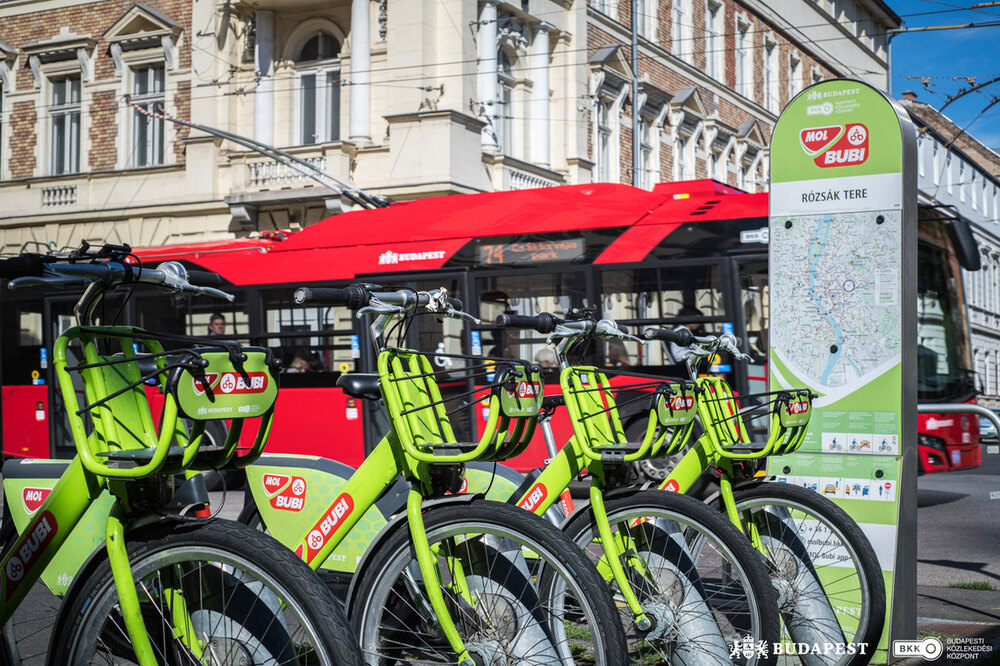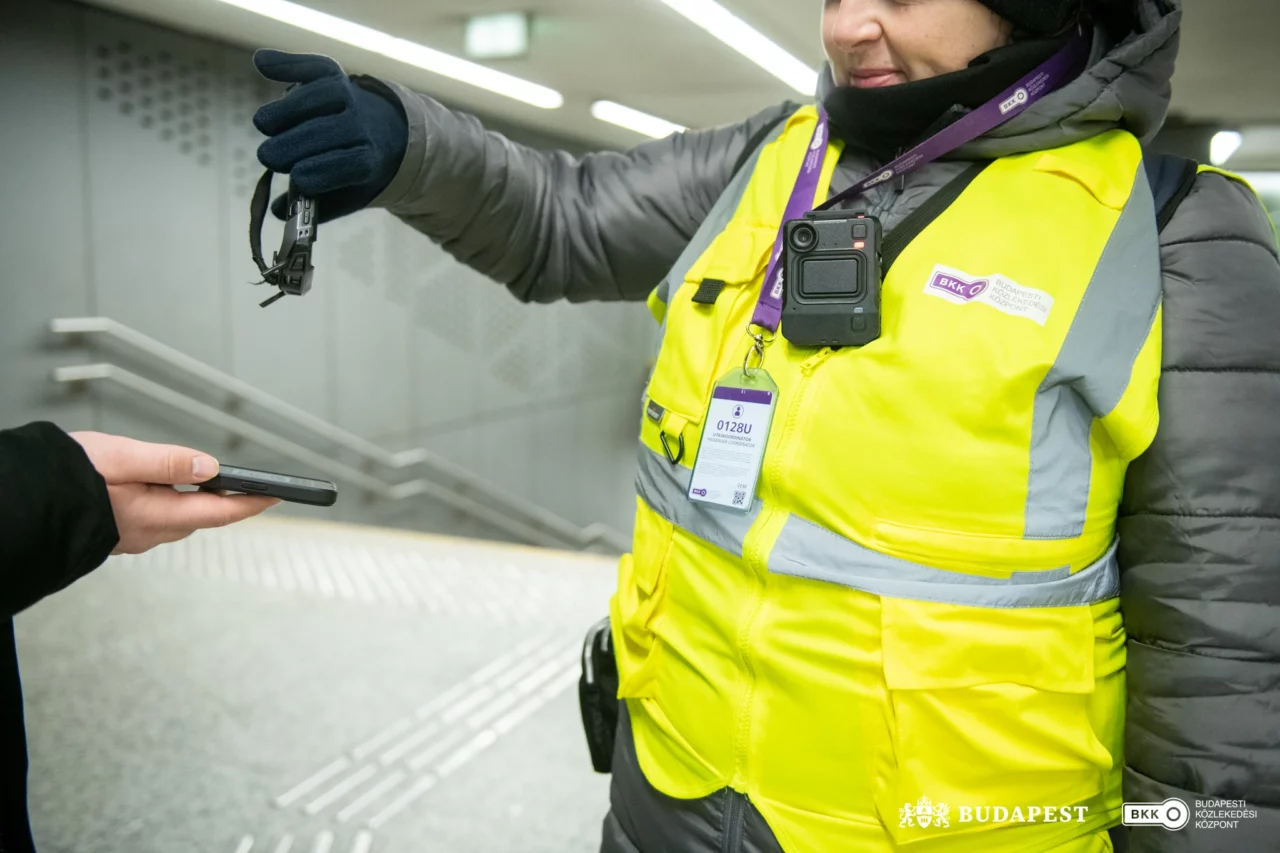Major changes ahead: BKK to simplify passes and increase MOL Bubi fees
The Budapest Transport Centre (BKK) is set to further streamline its ticket and pass offerings in 2025, following changes aligned with the tariff alliance introduced earlier this year. These measures aim to make public transport in Budapest more acce

The Budapest Transport Centre (BKK) is set to further streamline its ticket and pass offerings in 2025, following changes aligned with the tariff alliance introduced earlier this year. These measures aim to make public transport in Budapest more accessible, affordable, and transparent.
Changes concerning BKK passes
Starting 7 January 2025, several ticket types will be discontinued based on customer purchasing trends, BKK reports. These include:
- Half-month, quarterly, semester, and discounted annual passes for primary and secondary school students.
- Quarterly, semester, and discounted annual passes for university students.
- Quarterly and discounted annual passes for pensioners.
- Budapest group 24-hour tickets.
- Dog and bicycle passes.
In place of these passes, dog and bicycle transport will be free for those holding valid transport passes. Those travelling with single tickets will still need to purchase separate tickets for pets or bicycles, adhering to specific conditions.

Changes concerning MOL Bubi bike-sharing
Additionally, BKK will phase out the annual MOL Bubi bike-sharing subscription, replacing it with a new six-month pass costing HUF 6,500 (approx. EUR 16). The monthly fee will rise to HUF 1,500 (approx. EUR 4), while the per-minute rental fee will be adjusted to HUF 50 (EUR 0.12). As the MOL Bubi service expands, three new bike stations will be added in early 2025, bringing the total to 220 locations across Budapest.

The decision to discontinue the annual subscription stems from upcoming technical transitions. The current service agreement expires in December 2025, prompting the implementation of the Bubi 3.0 system. The transition requires phasing out annual passes, but existing ones will remain valid until expiration.
Enhancing passenger and staff security
BKK is also introducing body cameras for ticket inspectors, passenger coordinators, and security staff to improve safety for both passengers and employees. This measure comes after thorough legal and technical reviews and follows a pilot phase involving 50 cameras.

The cameras will initially be used on routes prone to security incidents. Feedback from a 2023 survey, where 40% of respondents felt safer with onboard cameras, supports this initiative. Currently, 70% of BKK-operated vehicles are equipped with cameras, with new vehicles being mandated to include them.
The use of body cameras is expected to enhance monitoring and address incidents more effectively. Incidents are already better-managed thanks to data-driven deployment, with security personnel focusing on high-risk routes and times.
Read also:
- Budapest just made public transport a whole lot friendlier for dog owners and cyclists
- New airport shuttle from Buda? Expansion of 100E shuttle service proposed


































